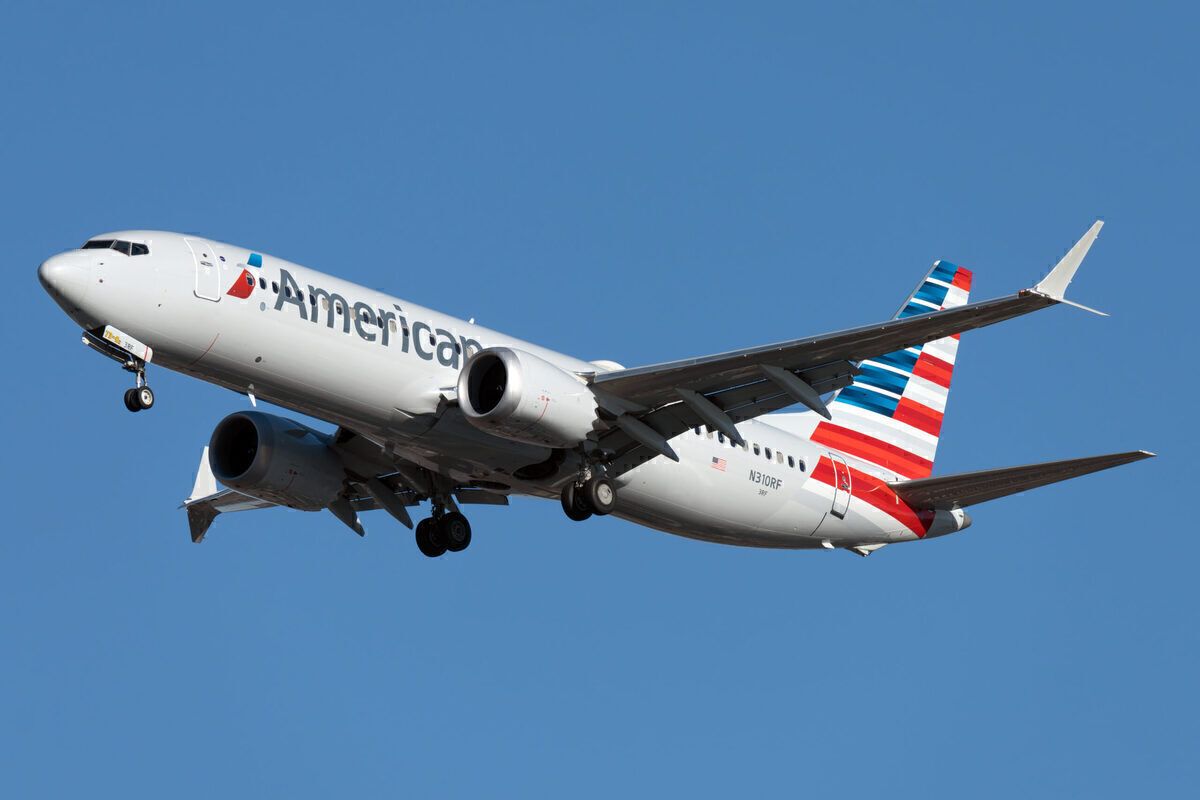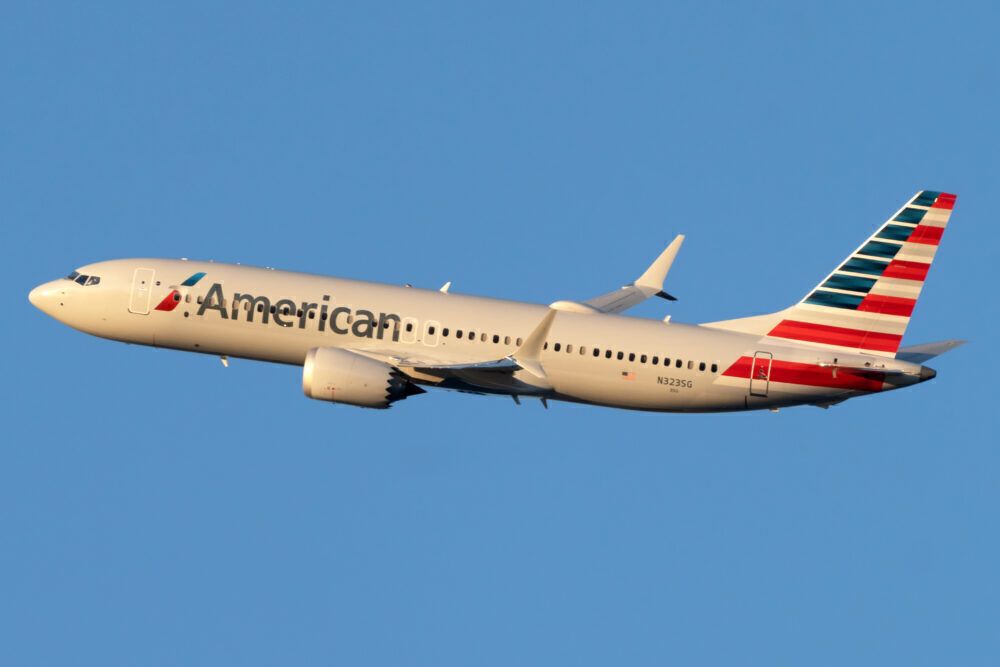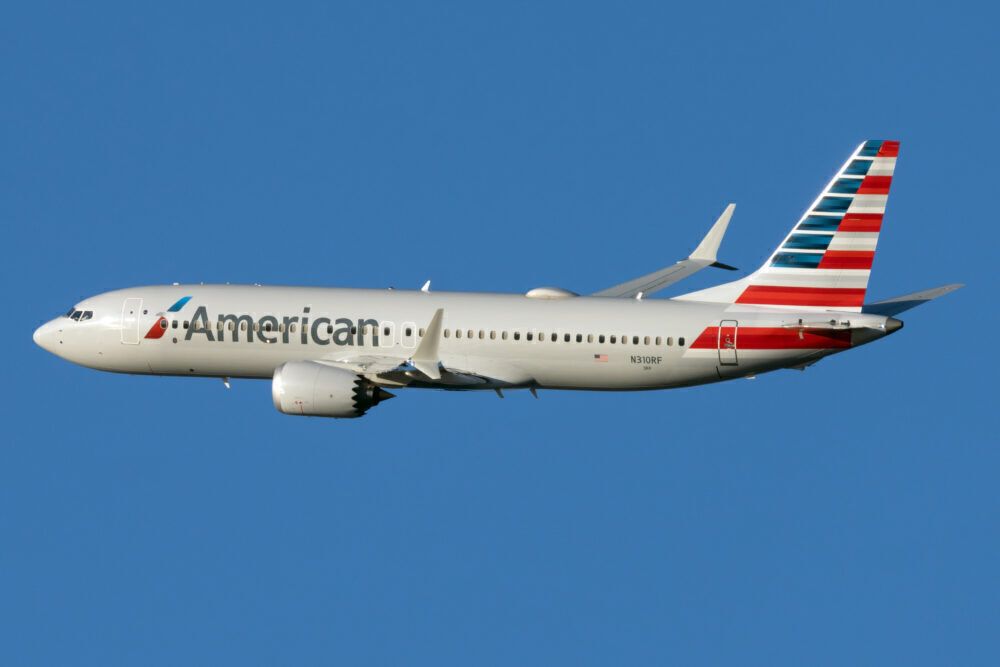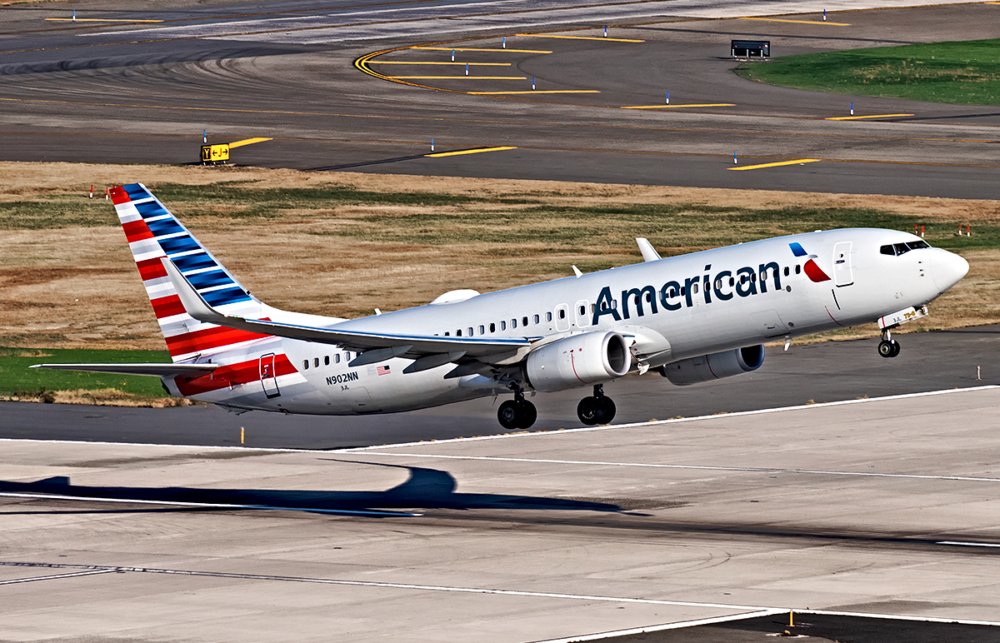* Article updated 13:45 UTC with a statement from American Airlines *
Over the weekend, an American Airlines Boeing 737 MAX 8 was forced to abort its departure from Saint Vincent and the Grenadines. The reason for it rejecting its takeoff from the recently-constructed and solar-powered Argyle International Airport (SVD) was a series of bird strikes during the acceleration. Onlookers captured the incident on video.
The flight in question
Since June 3rd, data from RadarBox.com shows that American Airlines flight AA1427 typically refers to a round trip between Chicago and Nashville. Before that, AA used it in early April for an Airbus A319-operated service between Eagle (Colorado) and Dallas Fort-Worth.
However, perhaps its most exotic use is on a round trip from Miami to Argyle International in Saint Vincent and the Grenadines. Until recently, American hadn't used it on this rotation since late March. However, it came back into use on this corridor on June 5th.
On the day in question, the flight departed Miami slightly late, at 10:51 local time (compared to 10:30 as scheduled). However, it made good time en route, and was airborne for just over three hours. This saw it land 22 minutes early, at 13:54 local time (vs an STA of 14:16).
Stay informed: Sign up for our daily and weekly aviation news digests.
What happened?
While the inbound flight ran smoothly and arrived ahead of schedule, the return working to Miami ran into difficulties on its takeoff run. According to The Aviation Herald, the flight had to abort its departure from Argyle's runway 22 when it experienced multiple bird strikes during the takeoff roll. As seen in the clip below, this required a sharp brake application.
Despite having reached a fairly high speed, the plane was thankfully able to stop before the end of the 2,743-meter long runway. Bird strikes can cause significant engine damage, so American deployed a new aircraft to bring the passengers back to Miami.
However, this was not possible until the next day, meaning that their arrival in Florida was nearly 28 hours late. An American Airlines spokesperson confirmed to Simple Flying that:
"On June 5, American Airlines flight 1427 with service from Saint Vincent and the Grenadines (SVD) to MIA safely returned to the gate prior to take off due to a possible mechanical issue. There were no reported injuries and all passengers were provided with food and hotel accommodations. A replacement aircraft was flown in to complete the flight from SVD to MIA. We appreciate our passengers’ patience and apologize for any inconvenience."
The aircraft involved
The plane that aborted its departure due to the aforementioned bird strikes was reportedly a Boeing 737 MAX 8, registered as N339SU. According to ch-aviation.com, this aircraft is less than a year old, having been delivered to American on December 21st, 2020. This took place just eight days before American's first post-recertification 737 MAX flight.
Meanwhile, the replacement aircraft that flew flight AA1427's delayed passengers back to Miami was a Boeing 737-800, registered as N929NN. Usefully, this plane has the same 172-seat configuration (126 main cabin, 30 main cabin extra, 16 first class) as the MAX.
N929NN is eight years old, with American having received it on June 13th, 2013. Data from RadarBox.com shows that N339SU hasn't flown since the incident. That being said, it is scheduled to operate a round trip from Miami to Santo Domingo tomorrow, before flying to Washington DC the day after.
What do you make of this incident? Have you ever experienced a rejected takeoff due to a bird strike? Let us know your thoughts and experiences in the comments.




